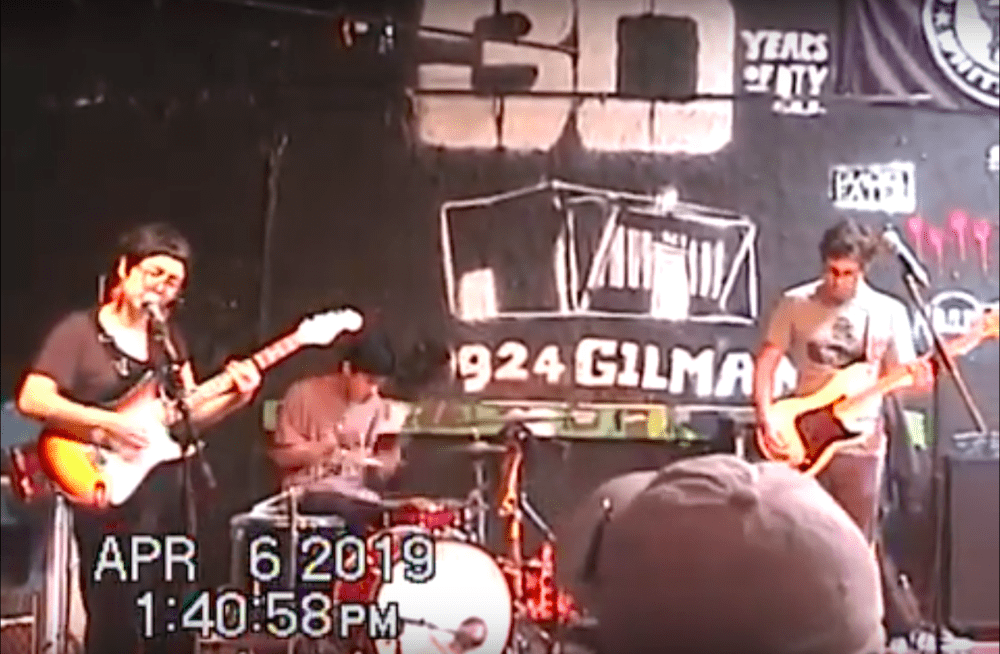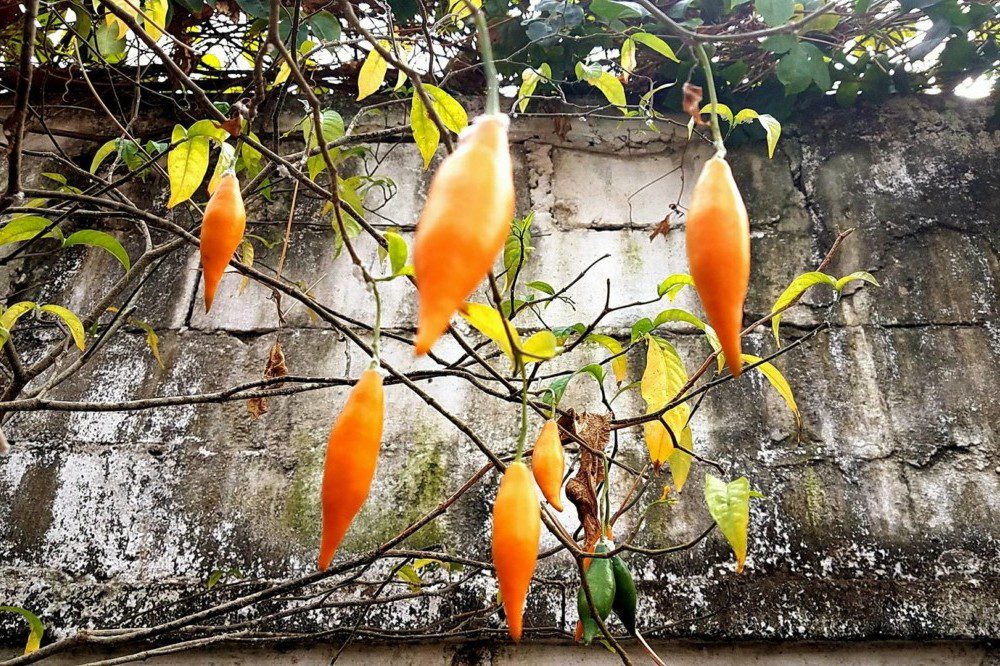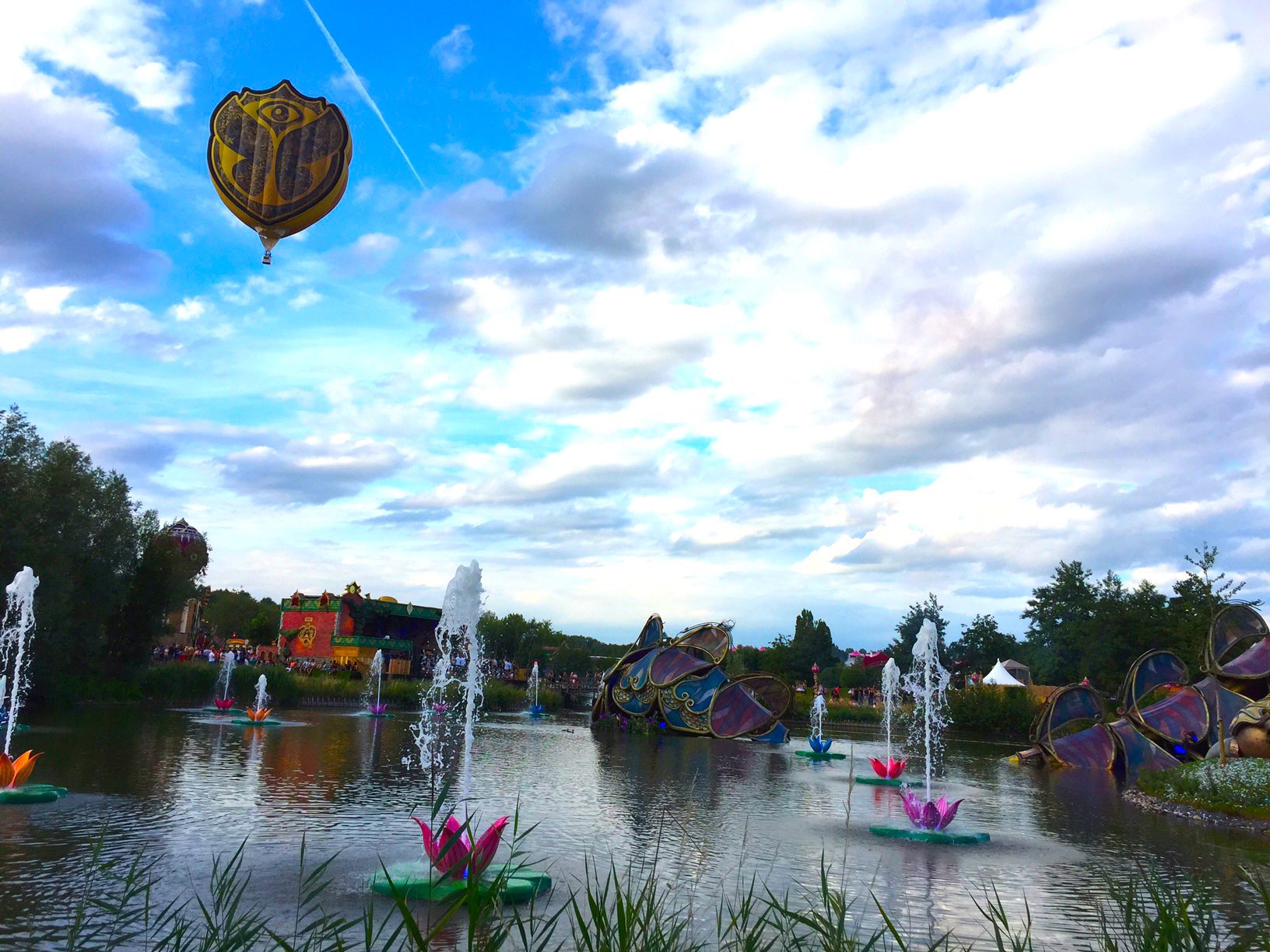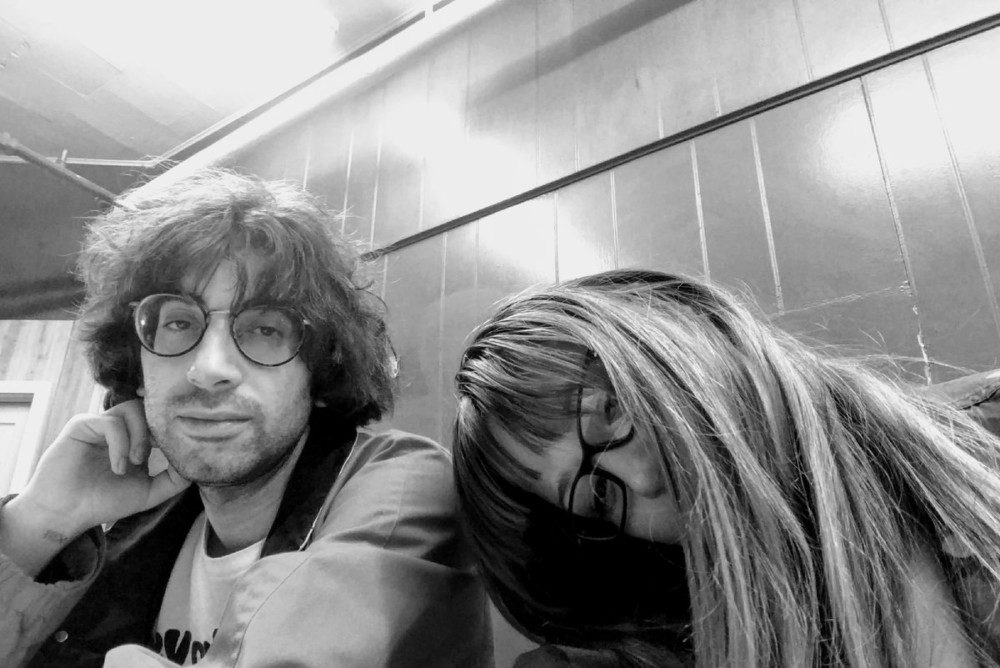PLAYING THE BAY: Polkadot Spins Folktales Among the Flowers on Spring Songs EP

Polkadot’s most recent EP, Spring Songs, is a brief affair at four minutes and thirty-nine seconds. However, the two-song EP creates an immediate sonic landscape, an echoing folktale peeled from the page and delivered through ones and zeroes.
With a stripped-down delivery and a slow, two-person harmony, Spring Songs does not tick my normal musical boxes, but Poladot’s haunting vocal delivery on “Bruised” (I think I saw my mother/underneath the flowers) pulled me back to their page after concluding my weekly scour of Bandcamp tags, and the subsequent lyric had me wondering if Polkadot see spring as a time of fecundity and grace or as a menacing presence: skin bleached, god I hate it/Jesus was a patriot.
“Doodle 3.7” is a strange entity, an almost unbroken harmony wending its way through less than two minutes. It feels more like a companion to “Bruised” than a song unto itself, and ends almost abruptly, enough so that I had to double check to make sure I hadn’t bumped the pause button. Musically, “Doodle” effectively continues the folky mood found in “Bruised,” but offers less of a full story, a door opening and shutting on whatever band members Daney, Anton, and Jordan are trying to say.
In their Bandcamp bio, Polkadot refers to themselves as “bay area baby punx,” an endearing moniker for a band that would certainly have a lot to discuss with the bedroom rockers of Sour Windows. The use of the word “baby” is interesting; it works in tandem with the lullaby aspects of the EP, but I wonder if it is meant to signal some sort of hesitation, a transition period between the rougher, homegrown aspects of Spring Songs and whatever future iteration Polkadot is building towards.
I appreciate the moments on the EP where the seams of production show; sometimes strings are hit a little too hard, sometimes songs start and end with the unmistakable sound of a recording starting or stopping. What’s great about these moments is that, while there is certainly some expectation of finality in official music releases, those bits and pieces serve as welcome reminder that this is a created thing.
More often than not, an overage of emotion that leads to a jangly note or strained vocal is exactly what leads to a band’s oldest recordings becoming their most beloved, enough so that I’ve watched people get into endless fights about what iteration of a band was the most “pure” or “authentic” – the one with slick production values or the one they recorded in a basement. I would say that both are equally authentic — every band, every artist, wants to grow, even if that means leaving the small-world comfort of DIY behind.
Perhaps Polkadot would rather those rougher moments not be in their final recordings, past or future, but I like them. It’s a bit like breaking the third wall in a film — you bring the audience, or the listeners, in on a little secret, if only for a breath: this is a folktale, too — just one we have created for ourselves.
Keep up-to-date on Polkadot’s live shows through their Instagram.
Hey Bay bands — get in touch with me @norcalgothic. Let me know about your upcoming or recent releases, shows, or anything else cool you think I should know about.




